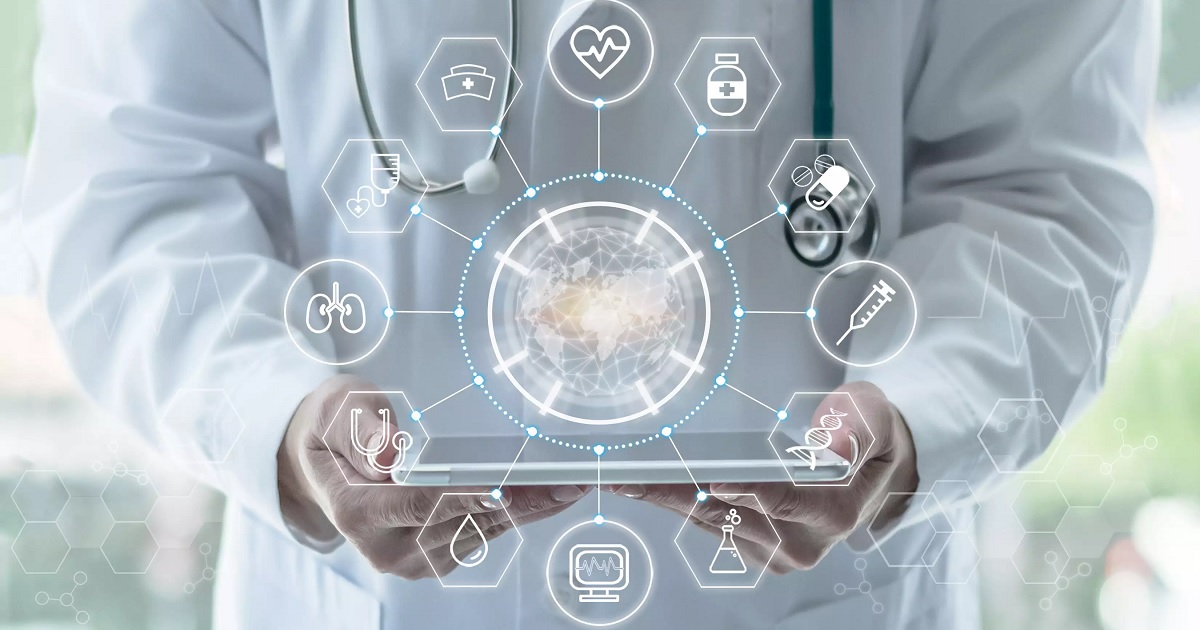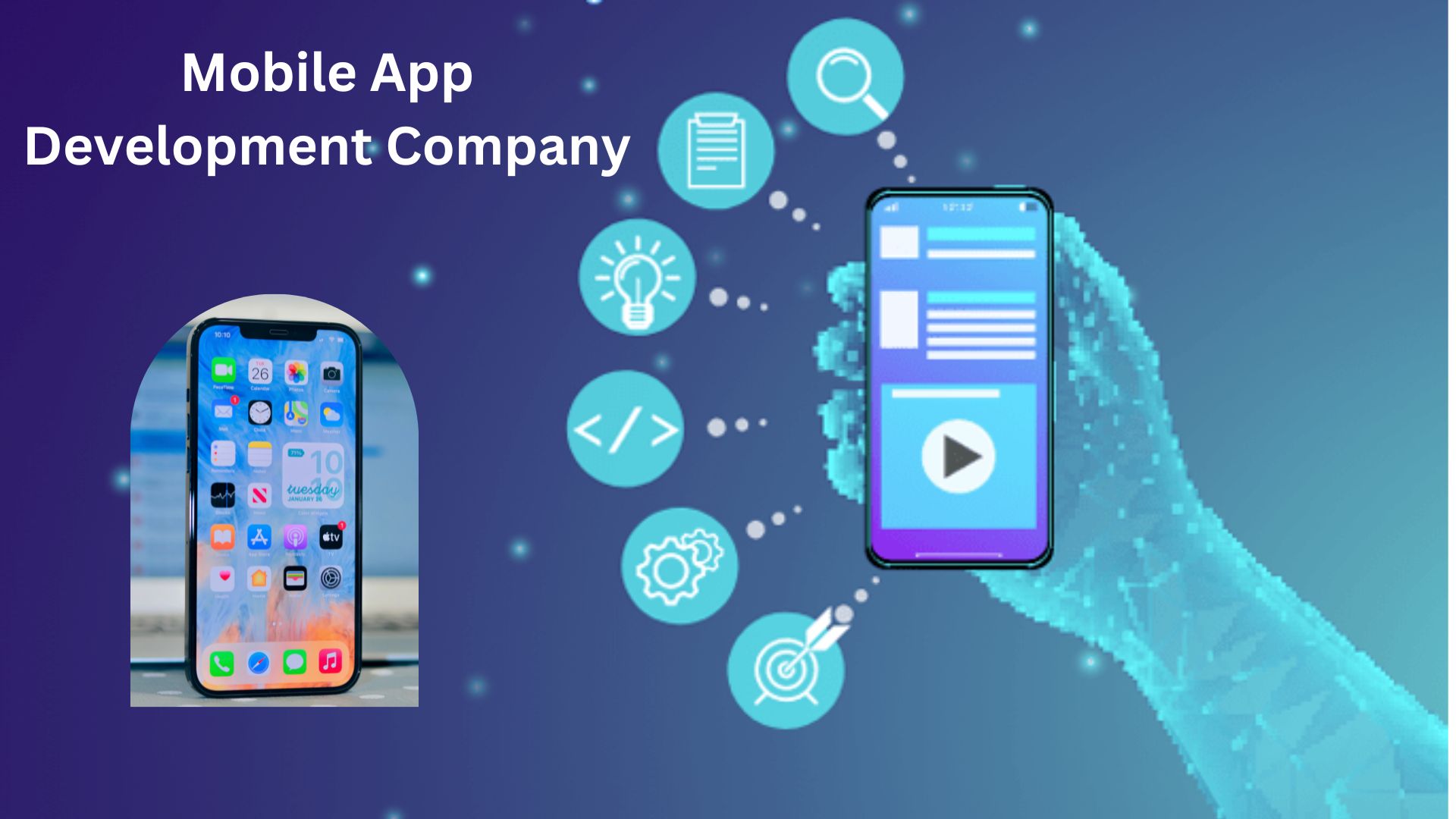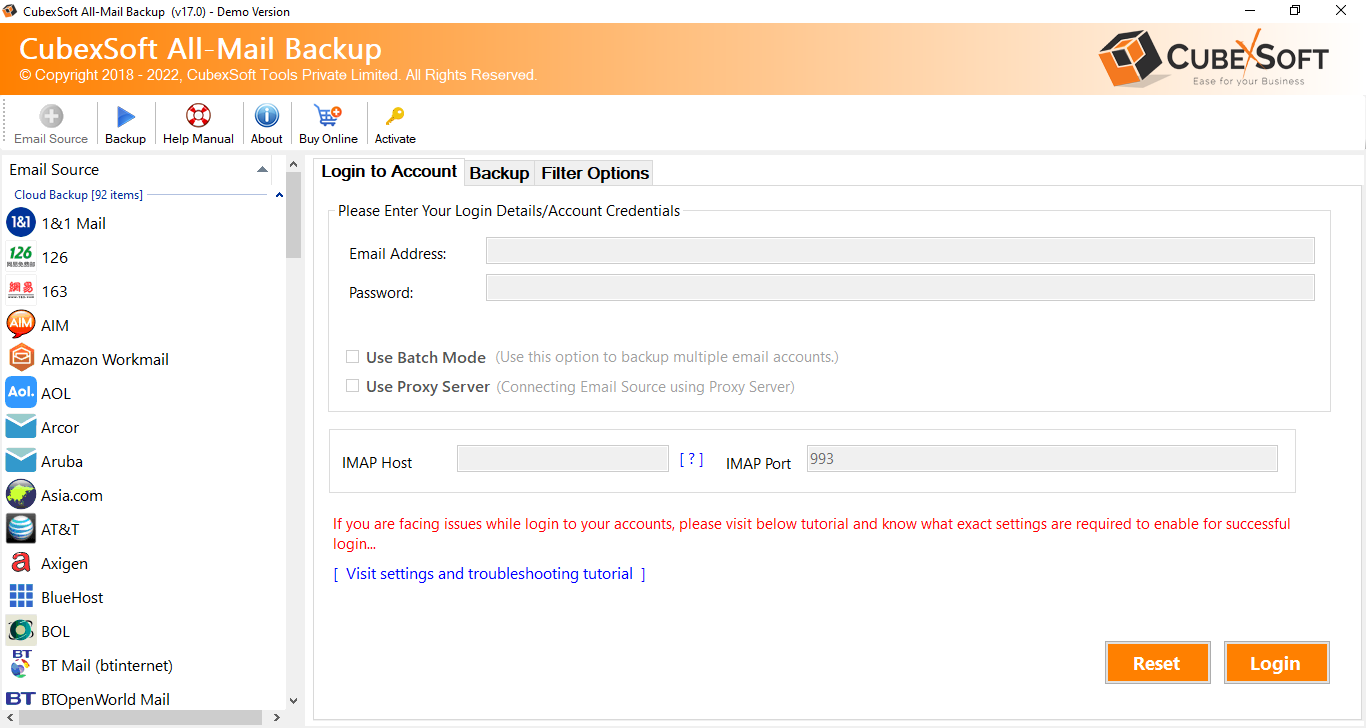How great it can be if we know what is going to happen in the near future based on the available information. Won’t it offer numerous benefits to everyone to stay one step ahead and make better decisions to get the desired output. Sounds exciting? It is possible by utilizing the transformative capabilities of predictive analytics.
Predictive analytics is the branch of advanced data analytics that allows us to make bold predictions based on past and current data. It improves the decision-making process for an organization.
Predictive analytics in healthcare means analyzing historical and current healthcare data to forecast future trends and detect potential anomalies. It is possible with the help of machine learning, artificial intelligence, data mining, predictive modeling, etc.
Healthcare AI solutions with advanced predictive analytics capabilities empower healthcare providers to improve patient care by making data-driven decisions.
What are the benefits of predictive analytics in healthcare?
Predictive analysis has become an invaluable tool for healthcare organizations to find hidden opportunities in the data. According to Grand Review Research, the global healthcare predictive analytics market size was $11.7 billion in 2022, which is expected to grow at a CAGR of 24.4% from 2023 to 2030.
Here are some of the benefits of healthcare predictive analytics:
- Predictive analytics improves patient care by enabling health practitioners to make well-informed decisions and offer personalized treatments to each patient based on their medical history.
- Chronic diseases are one of the most common reasons behind deaths. However, timely treatment can significantly reduce the rate of deaths. Predictive analytics empowers doctors and physicians to foresee any health anomalies and take essential steps to prevent them from happening or becoming severe.
- Another key benefit of predictive analytics in healthcare is population health management. If doctors have access to a single patient history, they can use predictive analytics on that data to find similar patients. It helps them to speed up the treatment process to improve patient outcomes.
- Improving patient care while cutting significant costs is the ultimate goal for every healthcare organization. Predictive analytics reduces massive costs by efficiently using resources and minimizing unnecessary procedures.
- Frauds can destroy organizations and can crumble their financial stability. Fraud detection is easy and preventable with the help of predictive analytics. It identifies unusual patterns and trends in the healthcare data to detect any fraudulent activity.
Healthcare Predictive Analytics Use Cases
Now that we have a clear understanding of predictive analytics in healthcare and its benefits let’s dive deep into the practical applications of healthcare predictive analytics.
Earlier Disease Detection
We all know the importance of earlier disease detection and how it can significantly improve patient outcomes. The healthcare industry was facing challenges related to disease detection, thus negatively impacting patient care.
Predictive analytics provide insights into patient data that allow doctors to effectively and efficiently manage patient’s health. Doctors can foresee any potential health risks and timely intervene to address issues before they escalate.
Hospital Readmission Prediction
Doctors can utilize predictive analytics in healthcare to know which patients are more likely to be readmitted. It empowers them to take care one step ahead and provide personalized treatment to minimize hospital readmission.
In this scenario, doctors become more proactive, plan regular check-ups, and give clear instructions at the time of discharge. It reduces the chances of patients returning to the hospital. It not only improves patient care but also reduces patient care costs.
Improved Cybersecurity
Cybersecurity is paramount in this digital era. The ways of cyber-attacking have evolved with the advancement in technology. The healthcare industry should be extra cautious because they have highly sensitive patient data whose breach can lead to legal complications.
Predictive analytics in healthcare can significantly improve cybersecurity by reducing the risks of data breaches and high-risk transactions. It is possible with the help of risk scores where low-risk processes can be performed while high-risk processes will require authentication and authorization.
Healthcare Equipment Maintenance
Machines need to be replaced after a specific time. It is because of their ability to deliver results accurately. Equipment maintenance is necessary on time as unplanned maintenance can negatively impact patient care.
Predictive analytics emerged as a reliable solution to overcome equipment maintenance challenges. It allows healthcare providers to know when medical equipment requires to undergo maintenance or replacement.
Patient No-Shows Insights
Appointment no-shows are frustrating for healthcare providers and significantly impact finances. Doctors and clinicians require a solution that can help them foresee the chances of no-shows. Predictive analysis is the ideal solution to overcome this concern.
Predictive analytics empowers healthcare providers to know which patients have higher chances of not showing up at the appointment. It significantly enhances the overall experience and let’s provider stay more focused.
Challenges of Predictive Analytics in Healthcare
Without overcoming the challenges of anything, it is impossible to reap the benefits to its fullest capabilities. The same is the case for predictive analytics.
No doubt, predictive analytics in healthcare offers numerous benefits that can’t be neglected. But, it comes with several notable challenges. Here are some of the challenges of healthcare predictive analytics that need to be addressed to realize its maximum potential.
- Security and actions against data patient data breaches are crucial. Predictive analytics must be HIPAA compliant in order to protect sensitive patient data from any unauthorized access.
- Predictive analytics must be unbiased to enhance care for everyone. Bias in models can cause serious harm to one’s health.
- Unfamiliarity with the latest technology or tools always has to face resistance. Same way, there might be resistance from the practitioners to adopting predictive analytics.
Conclusion
Predictive analytics has the transformative potential can reinvent the healthcare industry. Its ability to foresee trends, predict future concerns, and provide opportunities to solve them beforehand improves overall healthcare management. Predictive analytics is the solution to numerous healthcare industry challenges
It analyzes vast patient medical data to improve patient outcomes, identify the risk of hospital readmissions, and predict patient no-shows to improve healthcare processes. Undoubtedly, there are challenges associated with predictive analytics implementation, but addressing them with significantly help you reap its benefits to the fullest.



